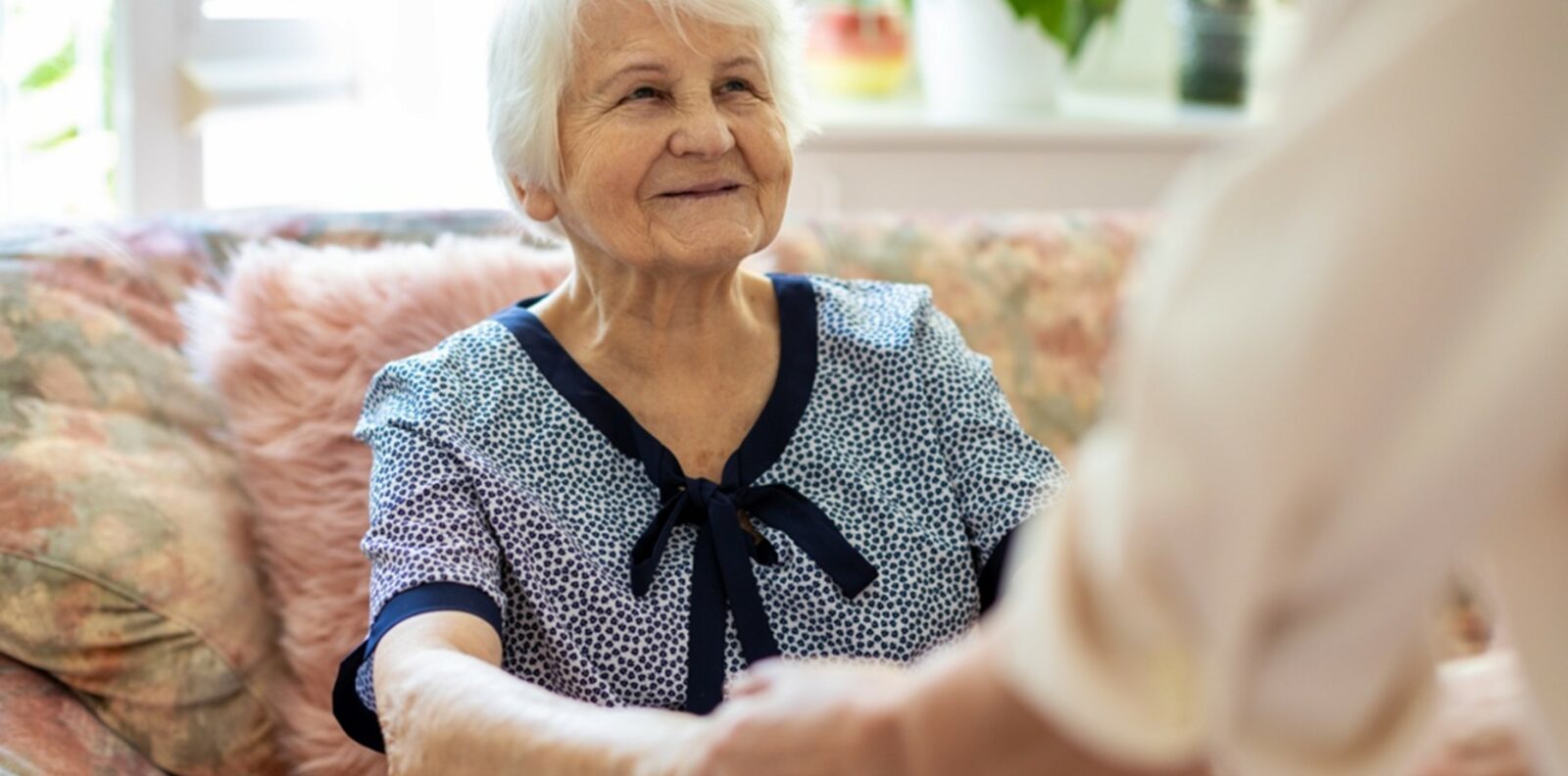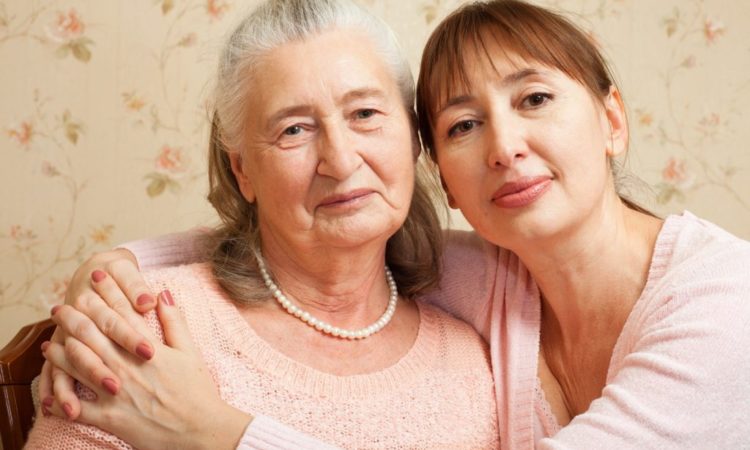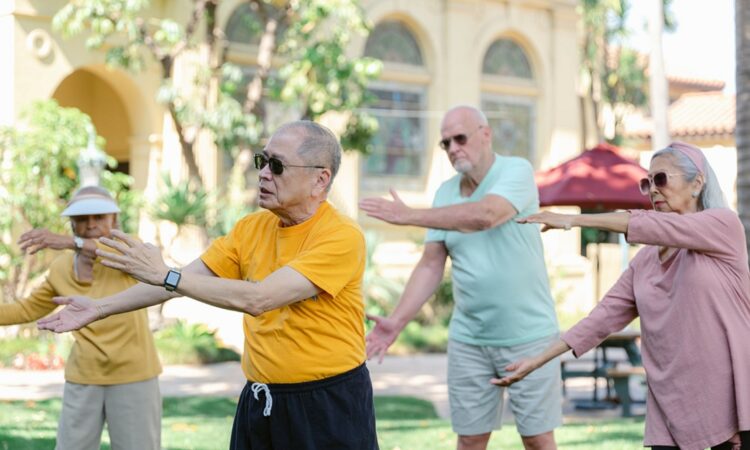Hollenbeck Palms
Signs of Alzheimer’s that you should be aware of

With aging, comes change. Physical and mental maturity is expected. More gray hairs and loss of hair are also fair game. Memory lapses, too, are associated with the aging process. Over time, people might begin to take notice when they are unable to recall a simple word or name. Such memory lapses happen to the best of us. But as the frequency of episodes increase, and as others begin to observe the changes, it’s important to understand that memory loss that disrupts daily life is not an indicator of aging. It can be a sign of the start of cognitive impairment.
With careful attention to the following warning signs, individuals can take steps toward early diagnosis and set into motion treatment and care planning that helps them live happier and healthier lives.
Here are some warning signs seniors should be concerned about:
- Regular memory loss that shakes up daily life. Forgetting an item on your mental grocery list is common. When memory loss becomes debilitating to daily life, there should be a reason for concern. Some examples include forgetting events, repeating statements multiple times in a short period of time, and finding yourself using more memory aids to get through the day.
- Sudden changes to mood and personality. Everyone has a bad day. The concern would be for someone’s temper to boil over in a common situation. Feeling fearful or suspicious without any justification is also concerning behavior seniors and their families should be on the lookout for.
- Simple tasks are no longer so simple. Paying bills, planning a dinner, following a family recipe, and solving a game or problem suddenly become impossible tasks. These challenges are a clear warning sign that something could be awry.
- Easily falling for scams over the phone or online is a sign that a person’s judgment may be off-kilter. Poor judgment can also manifest when people skip common hygiene practices, mismanage money, or display absentmindedness in caring for their pets. Any evidence of poor judgment should be considered a warning sign.
- Socialization becomes a smaller slice of life’s pie. This is evident when seniors attend church less often or take less interest in social activities they have historically loved and would not miss for the world. An early sign of withdrawal is also observable when seniors find it difficult to follow a conversation or a televised sporting event.
- Disorientation with places and time. When seniors are unaware precisely of their whereabouts or the time of day, there is a reason for concern. Other characteristics include losing track of birthdays or a series of events.
- Seniors suddenly find themselves laboring through understanding visuals and spatial relations. When people begin to have difficulties in this area, there is an increased risk of accidents. It is not uncommon for seniors in this predicament to drop and spill items. Or worse, they can fall and hurt themselves due to poor judgment in gauging space, distance, and their relation to the world around them.
- Communication suffers. If a senior displays signs of struggle when joining and keeping up with conversations, a red flag should immediately go up. New problems with finding the right word in speech or writing is a common occurrence. For example, seniors produce a long-winded explanation for what an item is because they are unable to find a single word for what the item is.
Dementia is a collection of symptoms
As the brain undergoes change, some of the above warning signs are part of the larger landscape which is dementia symptoms. Dementia is the loss of functions in the brain or a list of symptoms. If it progresses, it can be all-consuming and diminish a person’s ability to lead a normal life. From loss of focus, language skills, short-term memory, long-term memory, visual perception and other cognitive activities, dementia can complicate all aspects of life and flip worlds upside down for everyone involved with dementia care.
More than 6 million Americans live with Alzheimer’s disease, which is a common type of dementia.
Diagnosis
Medical professionals use a range of methods to produce a dementia diagnosis.
Some of the methods include:
- Genetic tests. A genetic counselor can help diagnose early onset signs of Alzheimer’s.
- Brain scans spot changes in the brain structure and function through CT, MRI and PET imaging. Scans can also pinpoint other possible links, including strokes and tumors.
- Cognitive and neuropsychological tests. These will test a person’s math, memory and problem-solving skills.
- Psychiatric evaluations are also important to determine whether an existing mental health condition is a contributing factor to the development of cognitive decline.
Hollenbeck Palms Hensel Memory Enhancement Center
Individuals living through moderate to advanced stages of cognitive impairment can gain a new perspective on life at Hollenbeck’s Hensel Memory Enhancement Center. As dementia symptoms progress, it could be in the best interest of the individual living with dementia symptoms and their family to move forward with customized and specialized care outside the home. Hollenbeck’s Memory Enhancement Center includes private and shared suites, spacious dining room and kitchen, activity areas, a secured garden and other amenities. Staff members are trained by a leading expert in compassionate dementia care practices, Laura Wayman. This training helps residents feel safe and secure, and provides their families reassurance that they are being well taken care of. It helps caregivers understand that someone with dementia symptoms has a “broken thinker,” and because of this the ability to process information is diminished. With that understanding, caregivers can implement positive action approaches to care.
Hollenbeck’s comprehensive Los Angeles dementia care program encourages individuals to increase their engagement in activities that enhance cognitive, physical, spiritual and psychological well-being.
Learn more about our program and how we are a Dementia-Aware Certified Safe Space from best-selling author and internationally recognized speaker, Laura Wayman below.
For more information about our Los Angeles memory care services, email [email protected] or call us at (323) 307-4505.


